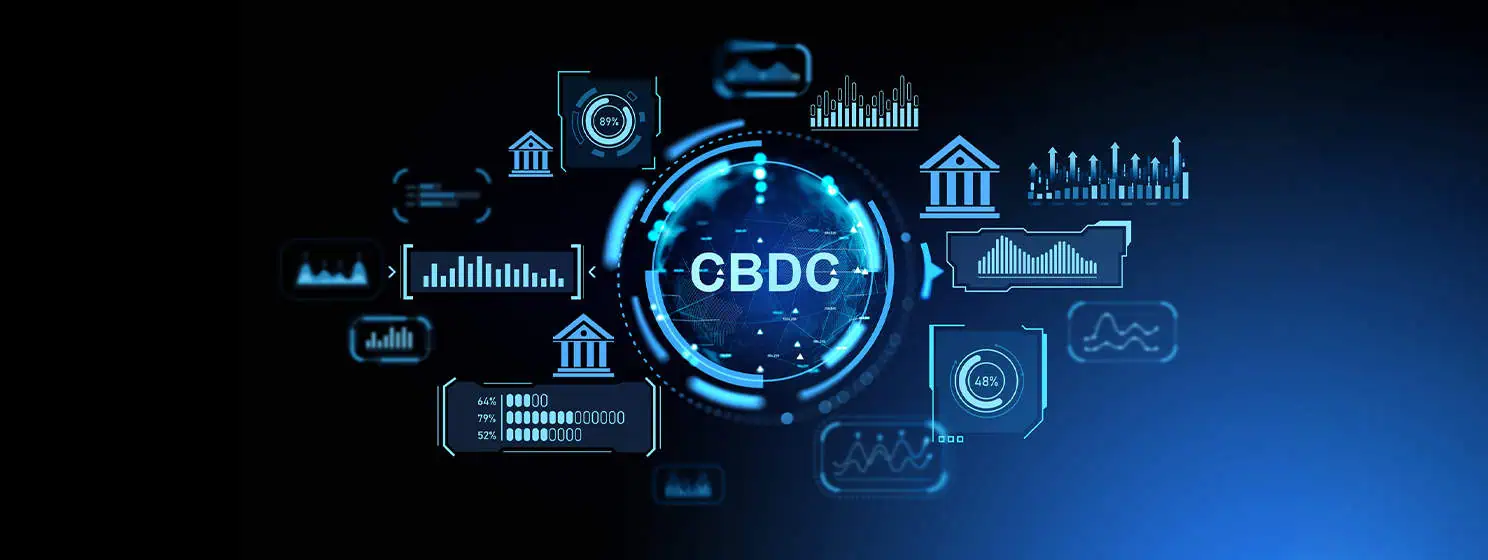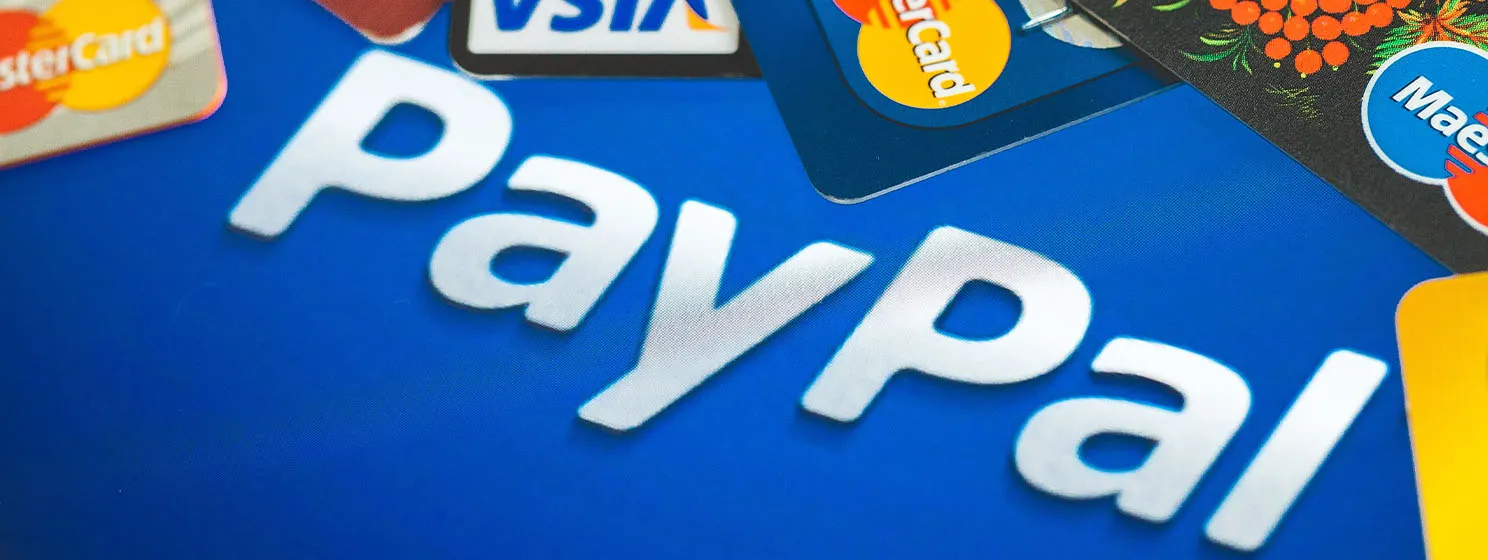|
Getting your Trinity Audio player ready...
|
The Bank for International Settlements (BIS) has selected 41 private-sector participants to join Project Agora, an initiative that explores how tokenized deposits can be integrated with CBDCs to ease payments and cross-border transfers. Elsewhere, the Qatar Financial Centre has activated its Digital Assets Lab and selected the first batch of participants.
Visa, Swift, and JPMorgan join Project Agora
BIS launched Project Agora in April 2024 as its boldest attempt to unlock the tokenization of bank deposits and CBDCs. It partnered with seven central banks on the initiative, including the Bank of England (BoE), the Bank of Mexico, and the Federal Reserve Bank of New York.
It has now expanded the project to include private-sector participants. BIS announced this week that more than 40 banks and clearing houses would jointly explore how tokenization can enhance wholesale cross-border fund transfers.
They include some of the largest banks in the world, from Citi (NASDAQ: C) and JPMorgan (NASDAQ: JPM) in the U.S. to Sumitomo Mitsui (NASDAQ: SMFG) and MUFG (NASDAQ: MUFG) in Japan, HSBC (NASDAQ: HSBC) and Lloyds Banking Group (NASDAQ: LLDF) in the U.K. to BBVA and Banco Santander (NASDAQ: SAN) in Spain.
Non-bank players include Mastercard (NASDAQ: MA), Swift, Visa (NASDAQ: V), the SIX Digital Exchange, Monex, and Euroclear.
The participants were convened by the Institute of International Finance, a global financial industry trade group. To qualify, a company had to be regulated in a participating jurisdiction and significantly involved in cross-border payments.
Project Agora explores how tokenized commercial bank deposits can be integrated with tokenized wholesale CBDC to enhance cross-border transfers. It seeks to unlock efficiency by enabling all the participants in the process, including the central banks and the corresponding banks, to complete all the required steps, such as AML and information checks, at once. This will be done through smart contracts and eliminate the chances that any transaction will fail after a few stages.
“Smart contracts can enable new ways of settlement and unlock types of transactions that are not viable or practical today, in turn offering new opportunities to benefit businesses and people,” BIS noted.
One of the key efficiencies the initiative seeks to unlock is cost efficiency and speed by eliminating the need for participants to repeat financial integrity checks, such as AML and customer verification.
“In Project Agorá, we want to explore a new common payment infrastructure that could bring all these elements together and might make the system work more efficiently together on a digital core financial infrastructure,” Cecilia Skingsley, who heads the BIS Innovation Hub, has explained previously.
Project Agora builds upon the BIS’ unified ledger, a concept proposed by the BIS last year. It provides a common infrastructure where tokenized deposits, CBDCs, and any other form of tokenized currency or asset can interact with the guarantee of settlement finality.
The unified ledger is essentially the BIS’ response to the threat of blockchain technology. In a bid to protect its interests and those of its member banks whose business models could be disrupted by blockchain, BIS seeks to offer a centralized platform that masquerades as an efficient ledger for tokenized assets.
Qatar welcomes 24 participants in Digital Assets Lab
Elsewhere, Qatar has continued its push to spark blockchain adoption by activating the Digital Assets Lab and welcoming the first batch of participants.
Qatar infamously banned digital assets years ago, but in recent months, it has been softening its stance. A month ago, the Qatar Financial Centre (QFC) revealed it was exploring asset tokenization in its push for digital finance.
In the most positive move yet, QFC has now opened the doors to its Digital Assets Lab and welcomed the first 24 participants. CEO Yousuf Mohamed Al-Jaida revealed that this cohort would benefit from its comprehensive support system, allowing them to deploy, test, and commercialize their digital asset solutions.
QFC has also brought board partners like Google Cloud (NASDAQ: GOOGL), local lender Masraf Al Rayan, and blockchain consortium R3.
Tokenization will be one of the key targets for the participants. With experts indicating that it could unlock up to $16 trillion by the decade’s end, Qatar is one of several nations scrambling to play a part in this revolution.
Commenting on the landmark, Al-Jaida said the participants’ efforts will be pivotal in advancing digital asset solutions across the rest of Qatar.
“The technologies we aim to develop through the Lab will support our goal of creating a resilient and secure financial sector, fostering a thriving wealth management hub, and positioning Qatar at the forefront of innovation.”
Watch: Finding ways to use CBDC outside of digital currencies

 08-02-2025
08-02-2025 





